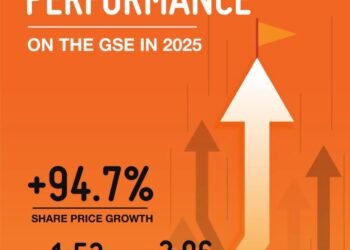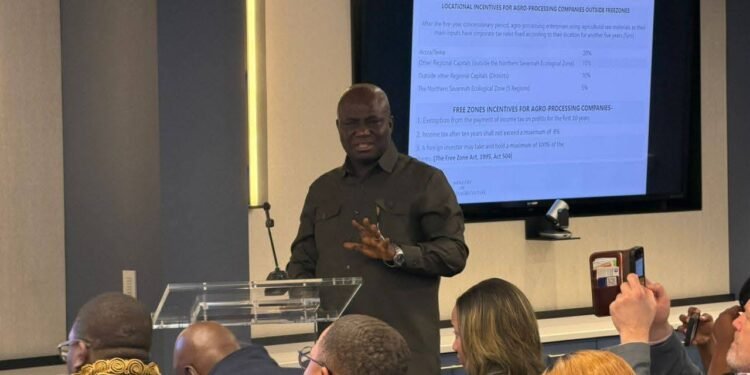Deputy Finance Minister, John Kumah, has provided some justifications for the rising trends being observed in the country’s inflation which rose for the second consecutive month in July 2021.
According to him, the recent upward trend in the prices of average goods and services in the country is as a result of the introduction of new taxes earlier this year.
“At the beginning of the year, government introduced a number of taxes which took effect from May. So as at May, the inflation rate was 7.5%. But because of the introduction of petroleum, you know petroleum affects virtually everything, so the immediate reaction in the following month; June, shot it up to 7.8% because transport fares had gone up. That is why as at July, you saw the figure at 9%”.
John Kumah
Consequently, Dr. Kumah, who was speaking on PM Express Business Edition on Thursday night, called for calm, stating that the recent increment is temporary and that the government will implement stringent measures to curb the rising food prices in the country.
“We have it under firm control. I can assure you. There is no cause for alarm. Some people should not be unnecessarily frightened that we are at tipping points”.
John Kumah

Economy to gain stability in the coming months
Meanwhile, Dr. Kumah further justified the recent surge in prices of some commodities in the country by comparing the recent inflation figure to that of 2016, based on which he stressed that the current inflation is still not out of control. He further assured that the Ghanaian economy will gain some stability in terms of price volatility in the coming months.
“In 2016, the inflation rate was 15% but we were not at the tipping point. So, if we are in single-digit inflation today…it is firmly under control”.
John Kumah
Inflation expected to rise
Meanwhile, just after the introduction of the new taxes, many experts perfectly predicted a rise in the prices of goods and services in the country, as transports fares were suggested to likely go up. True to their words, the contribution of Transport to overall inflation galloped to 18.1% in June before decelerating to 14.3% in July. Despite the decline, it still remains one of the sub-classes that drove up overall inflation in July.
Specifically, when the new taxes took effect in May, the immediate effect was felt in June as five regions recorded month-on-month Transport Inflation above 1%, with Upper West Region recording the highest overall month-on-month inflation of 4.4% whilst the Western and Central Regions recorded the lowest rates of 0.1%.

The rise in the prices of goods and services in the country recently, attributable to the introduction of the new taxes, saw some pundits just before the Finance Minister presented the Mid-Year Budget Review in July, calling for a review of the taxes, which to them are doing more harm than good. However, the government did not scrap the taxes since that will defeat the purpose of their introduction. For instance, COVID-19 cases in the country continue to rise, so clearly, scrapping the 1% COVID-19 Health Levy at this time is not an option.
Inflation above medium-term target
Even though there are hopes that once the new harvest begins in September, prices of most of the commodities will reduce, the recent ban on tomatoes importation from Morocco may have some effects on its price, unless domestic production is enough to fill in the gap.
In policy wise, the recent rise in inflation casts doubts on the government meeting its 8.0% inflation target this year. Already, inflation averaged 10.2% and 7.9% in Q1 and Q2 2021 respectively. Meanwhile, for the first seven months of the year, inflation averaged 9.04%, above the medium-term target of 7.8% announced in the Mid-Year Budget.
Nevertheless, not much can be said for now than to wait patiently for the government to roll out its measures as the Deputy Finance Minister has averred.
READ ALSO: Inflation rises for the second consecutive month to 9.0% in July 2021























